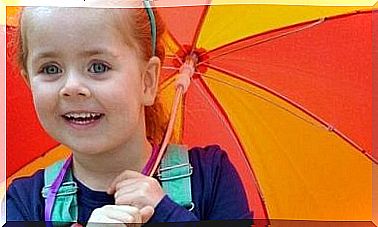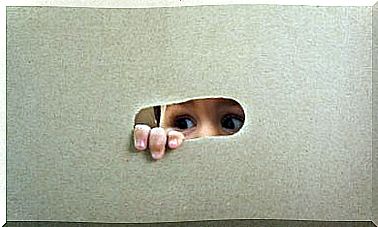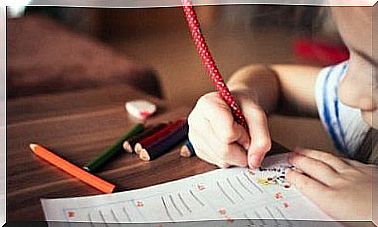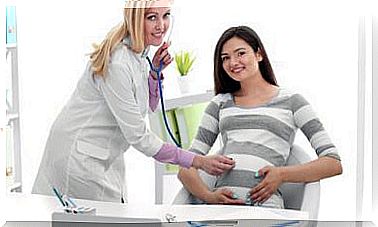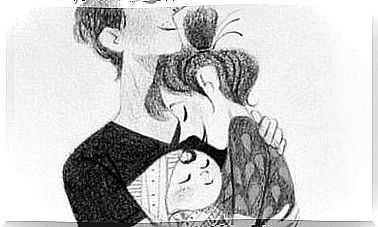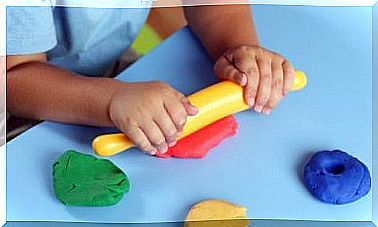Wet Wipes: Why They Should Be Avoided
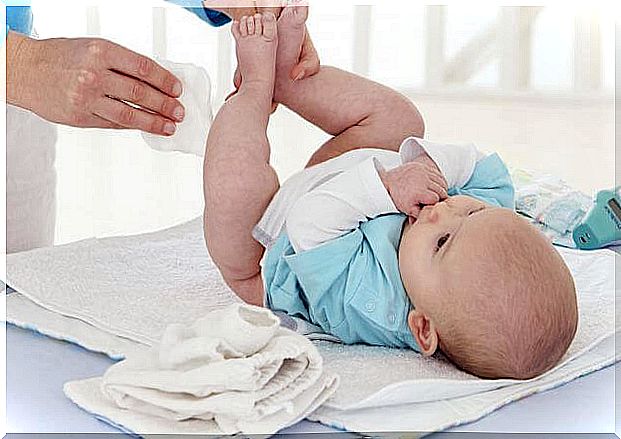
Wet wipes are the best allies of many mothers. They are used to clean the baby during a diaper change, hands and face after a day away from home. But this product that has become indispensable for many can harm the baby’s skin. In fact, it contains phenoxyethanol, a chemical agent related to dermatitis.
This substance is irritating for many babies and its stinging action is evident already after application. It can even irritate the respiratory tract and is considered carcinogenic by some consumer advocacy associations. It can also inhibit your baby’s immune response.
A study on the use of wipes on the skin of babies was recently published in the journal Pediatrics . To make it happen, Dr. Mary WuChang, professor of dermatology at the University of Connecticut.
This study shows the chemical reactions produced by wipes: skin spots that turn into scales, irritation, pustules and small inflammations in the mouth of babies. Aside from phenoxyethanol, the study finds high doses of methylisothiazolinone, a preservative that can cause allergic reactions.
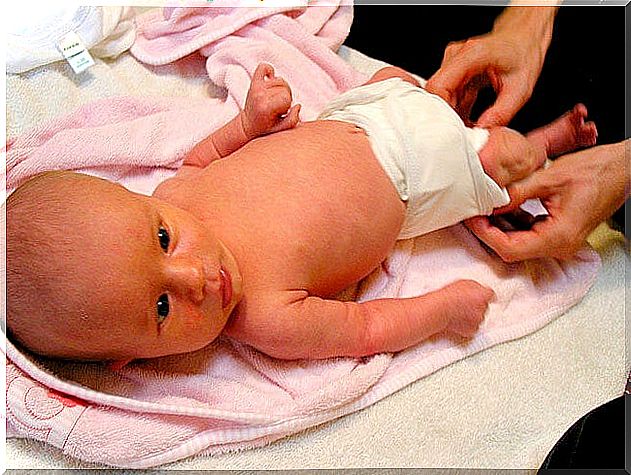
Wet wipes can cause severe skin rashes
Six of the ten babies who participated in Dr. WuChang’s study had dermatitis in the perianal area and on the face. Despite the treatments with antibiotics and topical and oral cortisone these irritations did not seem to diminish.
An 8-year-old came to suffer from a severe rash on her buttocks and in her mouth. After several researches it was determined that the cause of this problem was the wet wipes. When the baby’s mother stopped using her the irritations disappeared.
“Preservatives are the culprits of the irritation (…), but the most important thing is that the rashes are healed. After I stopped using these wipes, the irritations, which had lasted for months, disappeared in a short time ”explains the doctor.
The undesirable effects these products can cause to health are alarming. For example, phenoxyethanol, which is an organic bactericidal agent, is present in many baby lotions, creams and hygiene products.
The use of these substances is prohibited in countries such as Japan, because it is held responsible for affecting the development of children under 3 years old.
The importance of reading labels
The best you can do is be careful about the labels and products you use on your baby’s skin. Choose those without parabens and phthalates, substances associated with cancer and polyethylene.
These substances used as emulsifiers can affect the development of the baby and cause nervous problems. Due to its high absorbency, polyethylene accumulates in the heart, brain and kidneys causing long-term damage.
Knowing the effects of these products will help you gain more awareness when buying and using them. It is advisable never to abuse it and always choose the most natural and less chemical alternative.

Alternatives to wet wipes
It is true that wet wipes are very convenient especially when you don’t have much dexterity in changing a restless baby.
The most recommended substance to keep baby’s skin clean is mild soap and water. This will protect your little one from exposure to the chemicals contained in the wipes.
Without a doubt, you can find natural and ecological brands of wet wipes in the supermarket. The peculiarity of this type of product is its biodegradability. In addition, it does not contain chemicals that are harmful to health.
There are also mothers who use fabric wipes. These are very useful, because they allow you to check all the products that will come into contact with the baby’s skin. They are also easy to wash. If you want more practicality, you can also use just water to clean your baby’s bottom.


